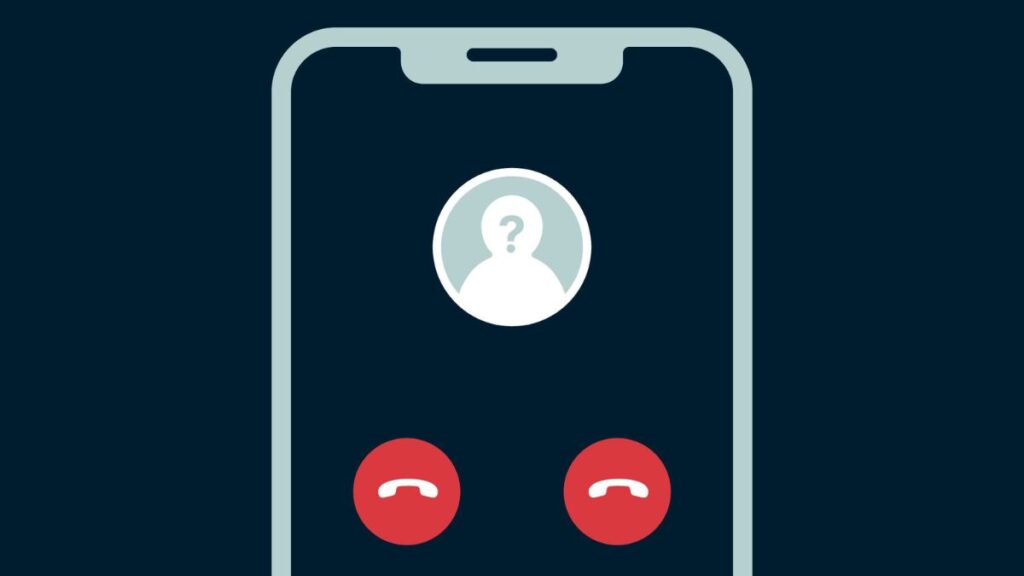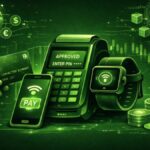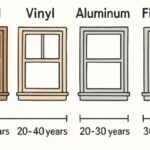If you’ve landed on this page, chances are good that your phone buzzed, flashed a number—17029009482—and left you with a sinking feeling or a creeping curiosity. You’re not alone. From Los Angeles to Lexington, this ten-digit enigma has been pinging its way into lives, stirring confusion, frustration, and more than a few raised eyebrows. But what exactly is 17029009482? A scam? A legit business? A misdialed lifeline?
Welcome to the rabbit hole.
I. The Digital Ghost in the Machine
It always begins the same way. A call from 17029009482—often multiple times in one day, sometimes at odd hours, and rarely leaving a voicemail. Sometimes there’s a click, sometimes silence, and other times, a robotic voice offering “limited-time offers,” or ominously vague messages about account suspensions.
Let’s cut straight through the fog. The number 17029009482 isn’t just a glitch. It’s part of a sprawling, modern ecosystem of robocalls, spoofed numbers, and call center operations—both legitimate and less so—that feed off a system riddled with loopholes and lax regulations.
II. What Is 17029009482, Really?
To decode the number, we first need to break it down. Technically, 17029009482 appears to originate from the United States. The country code “1” places it in North America. The area code “702” is assigned to Las Vegas, Nevada.
But this is where it gets messy. The use of area codes has become almost meaningless in today’s digital call routing. Thanks to Voice over Internet Protocol (VoIP) technology, a call can appear to come from 702 even if it’s bouncing around global servers from New Delhi to Nairobi. And this is exactly what makes 17029009482 so slippery—it’s a classic case of caller ID spoofing.
Spoofing allows callers to mask their real identity behind a legitimate-looking number. In some cases, the number might even belong to an unsuspecting private individual who has no idea their digits are being hijacked. In others, it’s a VoIP number bought in bulk by third-party sales firms or scammers.
III. Patterns in the Static: What Users Are Saying
A quick dive into online forums, Reddit threads, and call report aggregators reveals a consistent pattern with 17029009482:
-
Repeat Calls: Often reported as calling multiple times within the same day.
-
Silence or Clicks: Upon answering, the line is dead or abruptly disconnected.
-
Scam Allegations: Reports of attempts to collect fake debts, offer “discounts” on insurance, or pressure users into sharing personal information.
-
No Voicemails: Rarely, if ever, leaves a message—likely to avoid detection by spam filters.
One Reddit user under the handle u/CallBlocked2025 wrote:
“They’ve called me six times in two days. Every time I answer, it clicks and hangs up. I finally blocked it, but how many numbers are out there like this?”
Indeed, 17029009482 is not alone. It’s part of a wider trend that sees over 50 billion robocalls per year in the U.S. alone, according to YouMail’s Robocall Index.
IV. Is It Dangerous? Or Just Annoying?
Not all calls from numbers like 17029009482 are overtly dangerous. Some may be trying to sell you a warranty, others might be conducting shady surveys. But the line between “annoying” and “predatory” is razor-thin in this world.
Here’s what you should never do:
-
Don’t Give Out Personal Info: Never confirm your name, address, SSN, or credit card details.
-
Don’t Press Numbers: If a voice prompt says “press 1 to speak with a rep,” don’t. That confirms your number is active and leads to more calls.
-
Don’t Call Back: Unless you’re 100% sure it’s legitimate, calling back can also mark your number as live.
And yet, even being passive doesn’t guarantee peace. Block one number like 17029009482, and three more might pop up the next week—same game, different digits.
V. Tracing the Source of 17029009482: Legal Loopholes and Global Call Farms
The murkiness of numbers like 17029009482 isn’t accidental—it’s systemic. There are entire ecosystems built to exploit loopholes in telecommunications law.
-
Overseas Call Farms: Operating in countries with minimal oversight, these centers make thousands of calls per day using U.S.-based VoIP numbers.
-
Bulk Number Leasing: Telecom resellers can lease thousands of numbers from larger carriers, then resell them to call centers, often with minimal background checks.
-
Regulatory Inertia: While laws like the Telephone Consumer Protection Act (TCPA) exist, enforcement is rare, and penalties are low compared to profits.
This infrastructure enables what we might call the professionalization of the robocall. Numbers like 17029009482 aren’t anomalies—they’re part of a blueprint.
VI. Technology Is Catching Up—But Slowly
Thankfully, regulators and tech companies are not entirely asleep at the wheel. In 2021, the FCC mandated the implementation of STIR/SHAKEN protocols, which are meant to authenticate caller ID information. It’s a step in the right direction, but enforcement and universal adoption remain patchy.
Apps like:
-
Hiya
-
RoboKiller
-
Truecaller
-
Nomorobo
…have stepped into the breach, helping users screen and block numbers like 17029009482 before the first ring. Some smartphones now even automatically flag such numbers as “Spam Risk” or “Scam Likely.”
Still, the game of cat and mouse continues. For every blocked number, ten more emerge.
VII. The Emotional Toll of 17029009482
It’s tempting to treat robocalls as a digital nuisance, like spam emails or autoplaying ads. But there’s an emotional toll too. Imagine this:
-
You’re awaiting a job call, only to answer 17029009482.
-
Your elderly parent, confused by a call warning of “account issues,” panics.
-
You get spammed while dealing with a family emergency, unable to distinguish real from fake.
Numbers like 17029009482 erode trust in one of our most basic communication tools. That’s not just inconvenient—it’s corrosive.
VIII. How to Fight Back
Feeling powerless? You’re not. Here’s how to arm yourself against 17029009482 and its ilk:
-
Report the Number
-
FTC Complaint Assistant: https://reportfraud.ftc.gov
-
FCC Spam Reporting: https://consumercomplaints.fcc.gov
-
-
Block & Filter
Use your phone’s native spam filters or install call-blocking apps that constantly update blacklists based on community reports. -
Enable STIR/SHAKEN on Your Line
Call your carrier and ask if this authentication is active on your account. Most major carriers support it. -
Educate Others
Especially older or less tech-savvy family members who may be more susceptible to scams from numbers like 17029009482.
IX. What Lies Ahead: The Future of Phone Scams
As AI-generated voices become more convincing and deepfakes enter the audio realm, calls like those from 17029009482 could evolve into even more convincing cons. Imagine a robocall in your boss’s voice—or your child’s—urgently asking for money. It’s not science fiction. It’s already happening.
And that’s why awareness is everything. Knowing that a number like 17029009482 is suspicious arms you with skepticism and saves you from manipulation.
X. Final Ring: Should You Be Worried About 17029009482?
In short: Yes—but with nuance.
17029009482 may not be dangerous in every instance, but it is emblematic of a broken communications landscape where anonymity and automation are weaponized against the average citizen. Ignoring the call is smart. Blocking it is better. Reporting it is best.
But perhaps the most important thing is recognizing that these numbers—this one included—are a symptom of a larger issue. It’s not just about stopping one call. It’s about reclaiming our digital agency, one number at a time.
So next time you see 17029009482 lighting up your screen, let it go to voicemail. Then smile, block it, and move on. Because now, you know exactly what you’re dealing with.






